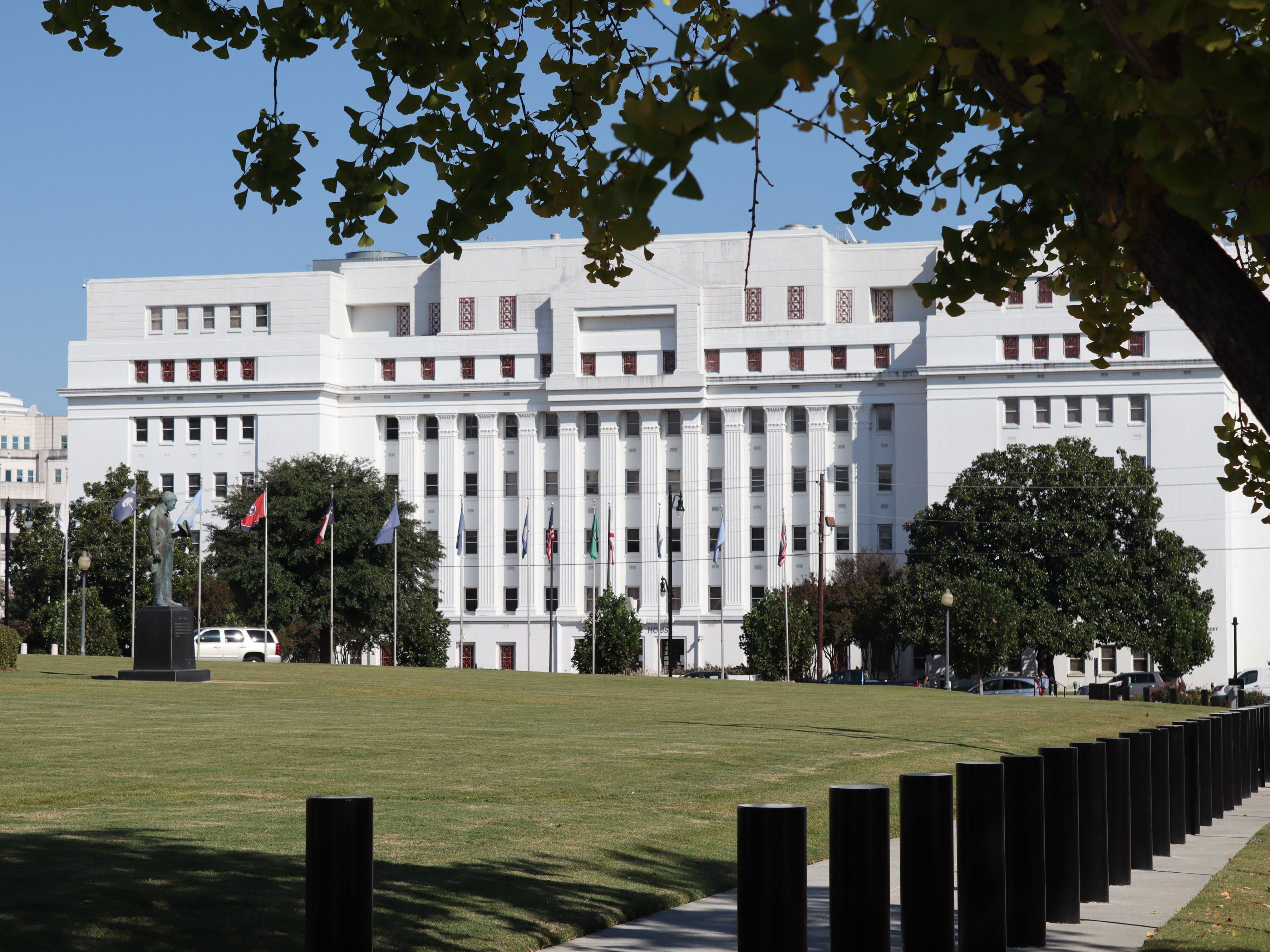The 2022 State General Fund budget (SGF) was the largest in the history of the state. Last year the Alabama Legislature predicted robust revenues for the SGF. Those optimistic revenue projections are being surpassed by actual revenues for the current fiscal year (which began on Oct. 1), so much so that the Chairman of the House Ways and Means General Fund Budget Committee, Rep. Steve Clouse (R-Ozark) has already introduced a supplemental appropriation bill in the current SGF.
House Bill 112 (HB112) would make a supplemental appropriation from the Alabama Board of Examiners in Counseling Fund to the Alabama Board of Examiners in Counseling in the amount of $222,465 for the fiscal year ending on Sept. 30, 2022.
It also includes a supplemental conditional appropriation from the State General Fund to the Alabama Corrections Institution Finance Authority (ACIFA) Program within Debt Service in the amount of $30,000,000 as well as a supplemental appropriation from the State General Fund to the Board of Pardons and Paroles in the amount of $2,995,111.
Additionally, HB112 makes a supplemental appropriation from the State General Fund to the Department of Forensic Sciences in the amount of $5,300,000. The Department of Human Resources would receive $5,587,531 more; while the Department of Veterans Affairs would receive $6,000,000, The Department of Agriculture and Industries would receive $7,000,000, the Alabama Law Enforcement Agency (ALEA) would receive $7,043,500, and the Department of Senior Services would receive $1,000,000.
The supplemental appropriation also includes $1,500,000 for the Alabama Tourism Department, $1,500,000 for the Department of Environmental Management, $1,500,000 for the Alabama Forestry Commission, $24,696,745 for the General Fund Budget Reserve Fund, and $1,500,000 for the Alabama Medical Cannabis Commission.
Of note, the Alabama Medical Cannabis Commission is designed to be self-supporting from the taxation of medical cannabis in the state, but the legislation creating the commission only passed last year. The Commission will not begin generating revenues of its own until Sept. when it awards licenses for Alabama marijuana growers, processors, transporters, and dispensaries. Once the licenses are awarded, the first crop is harvested, and hundreds of thousands of Alabamians are buying medical cannabis, the Commission will be supported by those new tax revenues. That won’t begin until sometime in the 2023 fiscal year.
All of these monies could be available to the agencies as soon as the legislature passes the supplemental appropriation. The 2021 Alabama State General Fund budget exceeded everyone’s expectations so there was a massive surplus that rolled over from FY2021 to FY2022. Current estimates are predicting that FY2022 revenues will exceed FY2022 revenue projections so it is likely that FY2022 will be able to roll a surplus into FY2023 as well.
None of the supplemental dollars went to education. That is because Alabama has an archaic budgeting system where the SGF has its own dedicated revenue sources and budget, while education is funded out of the Education Trust Fund budget (ETF). The ETF also has its own dedicated revenue sources that include all of the state income tax dollars collected. The 2022 budget for education is also the largest in state industry and the committees tasked with preparing the ETF are expected to release their own FY2022 supplemental appropriation package.
These extremely prosperous times for state government, however, could be coming to an end.
Kirk Fulford is the Deputy Director of the Alabama Legislative Services Agency (LSA) where he heads the Fiscal Division.
On Tuesday Fulford outlined all the ways where 2021 revenues far exceeded the legislature’s projections in almost every area during a joint meeting of the House and Senate budget committees. Fulford warned that the current economy is not sustainable.
“There is a fiscal cliff coming in both the education and general trust fund budgets,” Fulford told the legislators present.
Fulford fears that once all of these CARES Act, American Rescue Act, and other federal programs to stimulate the economy during the COVID pandemic run out, the economy and state revenues could contract.
HB112 has been assigned to Clouse’s Ways and Means General Fund Committee and could be taken up in committee as soon as next week.
To connect with the author of this story, or to comment, email brandon.moseley@1819News.com.










